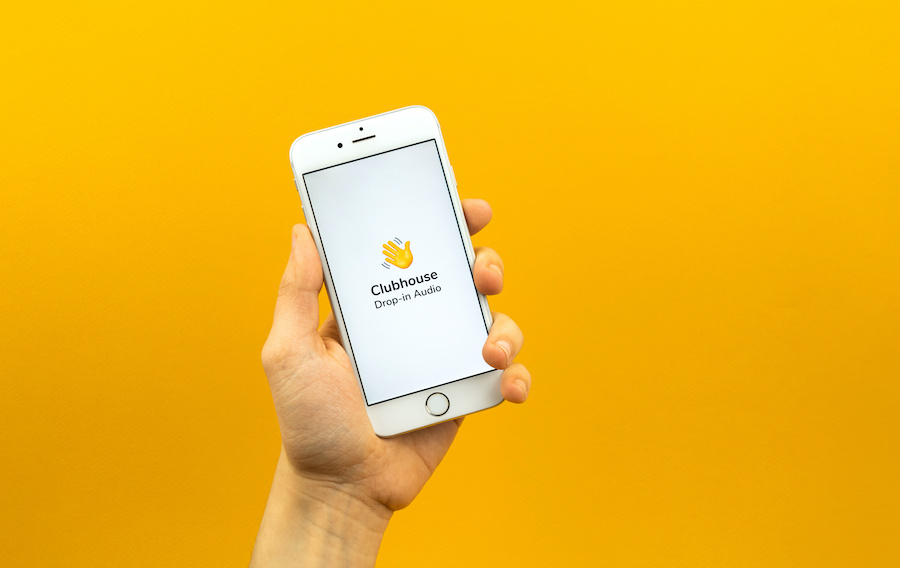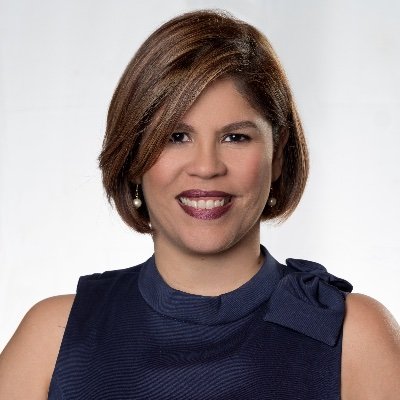How Clubhouse Gives a Voice to Diverse Perspectives
By Raquel Rivera Torres, APR
October 2021
Can you imagine a social media app where instead of reading posts and comments you hear them? Or where you can listen to a conversation between Oprah Winfrey and another thought leader, or hear the opinions of your target audience on almost any topic?
You can listen to all these things in the social media app Clubhouse, which offers livestream audio conversations that users can start or join. According to its community guidelines, the app “was designed to be a space for authentic conversation and expression — where people can have fun, learn, make meaningful connections and share rich experiences with others around the world.”
Clubhouse, which debuted in April 2020, began as invitation-only, to avoid overloading the site and crashing its servers. In July of this year the company announced that anyone can now join the platform.
These days, and especially during the pandemic lockdowns, any space that provides an opportunity to interact with others has become important for people. The psychological theory outlined in “Maslow’s Hierarchy of Needs” places “love and belonging” at the center of the pyramid of human needs.
To help fulfill our need for social belonging, Clubhouse offers digital listening “rooms,” which each have a maximum capacity of 5,000 participants. The rooms are organized by topics, allowing you to choose and participate in the conversations taking place.
By giving voice to those who have something to share, Clubhouse has become a space for diversity and inclusion.
Clubhouse has revised its terms of service for those participating in conversations on the app to make sure dialogues are respectful and promote knowledge, understanding and growth.
New guidelines
The coronavirus pandemic changed how some people react to social, political and economic events. Among those events were the Black Lives Matter protests following the murder of George Floyd in May 2020.
In response, Clubhouse’s updated terms of service now read: “Clubhouse may terminate this agreement upon written notice” if the San Francisco-based company determines that a user “has engaged in or permitted behavior that Clubhouse considers to be immoral, racist or discriminatory on the basis of race, ethnicity, national origin, caste, sexual orientation, gender, gender identity, religious affiliation, age, disability or serious disease.”
In a May 2021 interview with The Economic Times, an English-language newspaper in India, Clubhouse founders Paul Davison and Rohan Seth compared the rise of audio-based social media to the explosion in video-sharing seen on YouTube and elsewhere.
“Audio is the core of the Clubhouse experience today,” Seth said, “and we’re blown away by all the creative ways that people are leveraging” the medium. “Look what happened to video,” he said. With the advent of YouTube in 2005, people “came up with all sorts of different formats… that had never even been thought of before. With audio, you can imagine a similar progression.
In May, Clubhouse announced that it had reached one million downloads of the app, allowing all those content creators to share their views and opinions. And that’s what diversity and inclusion is all about.



